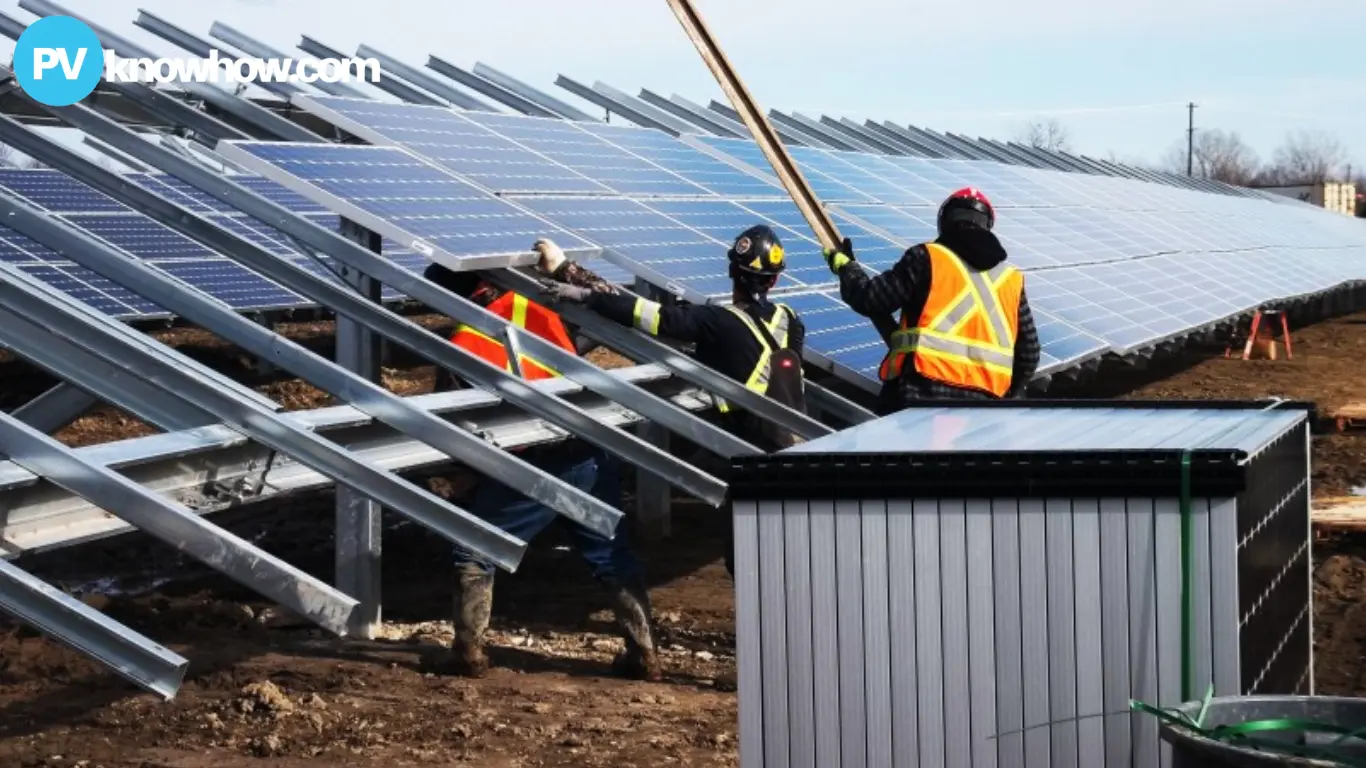The Kyrgyz Republic is making significant strides in solar energy development. The recent signing of a memorandum of understanding between the Ministry of Energy and the Ministry of Economy and Commerce with the International Finance Corporation (IFC) marks a key step forward in the second phase of a major solar power project. This agreement, reached following the International Investment Energy Forum in Vienna, signals a strong commitment to expanding the country's renewable energy sector.
Expanding Solar Energy Capacity in Batken and Talas Regions
In the initial phase of the project, the IFC played a crucial role in conducting a comprehensive assessment and structuring a pilot solar energy project, ranging from 100 to 150 MW, in the Kochkor district of the Naryn region. This groundwork has set the stage for attracting increased private sector investment into Kyrgyzstan's solar energy sector.

Image: Collected
Moving forward to the second phase, the project aims to construct two solar power plants, each with a capacity of 100-150 MW, in the Batken and Talas regions. Additionally, a comprehensive plan for a solar power plant complex with a potential capacity of up to 500 MW is currently in its final stages of development.
Upon completion of the project, the Kyrgyz Republic can anticipate a significant increase in the number of electricity consumers. Additionally, the cost of electricity is expected to decrease, and a greater proportion of the country's energy consumption will come from clean, renewable solar power, contributing to a more sustainable future.
New Solar Energy Powers 125,000 Households
The solar energy plant, strategically located in an area with high solar irradiance, is poised to generate substantial amounts of clean, renewable energy. Construction is slated to commence in early 2025, with the plant expected to be fully operational by the end of 2026. This project has the potential to significantly contribute to the country's energy needs and reduce reliance on fossil fuels.
The plant will have a design capacity of about 150 MW, enough to power approximately 75,000 households. This will significantly reduce the region's reliance on imported energy, lower electricity costs, and offset associated expenses.
The Talas solar power plant, strategically located in an area with abundant sunlight and flat terrain, is ideally suited for large-scale photovoltaic installations. Construction is set to commence in mid-2025, with the plant expected to become operational by late 2026.
The Talas power plant will help reduce the region's carbon footprint by displacing fossil fuel-based energy production. It will also provide power to over 50,000 homes and create tens of thousands of jobs during construction and operation.
Attracting Global Investment in Solar Energy
IFC is currently leading the process of finding private investors through an open international tender. Four major international companies submitted bids by the end of March, and the screening process is now underway to identify qualified candidates. The second phase of the tender is expected to commence soon.
The solar energy project aligns with Kyrgyzstan's Energy Sector Development Strategy, which aims to develop 1,500 MW of renewable energy by 2035. This strategy, supported by the World Bank, seeks to diversify the energy sector, increase domestic electricity generation, and reduce greenhouse gas emissions.
Fueled by the availability of affordable solar panels and a growing urgency to reduce emissions, the world's solar energy capacity expanded by 22% last year, as reported by the International Renewable Energy Agency (IRENA). This global trend is reflected in Kyrgyzstan, where authorities have set national targets to reduce greenhouse gas emissions by 30% by the end of the decade, aligning with global efforts to combat climate change.
The latest financing with IFC is a crucial step in Kyrgyzstan's strategy for a green future. By 2035, the country aims to develop 1,500 MW of renewable energy, covering 46% of projected energy demand and reducing reliance on fossil fuel imports.
